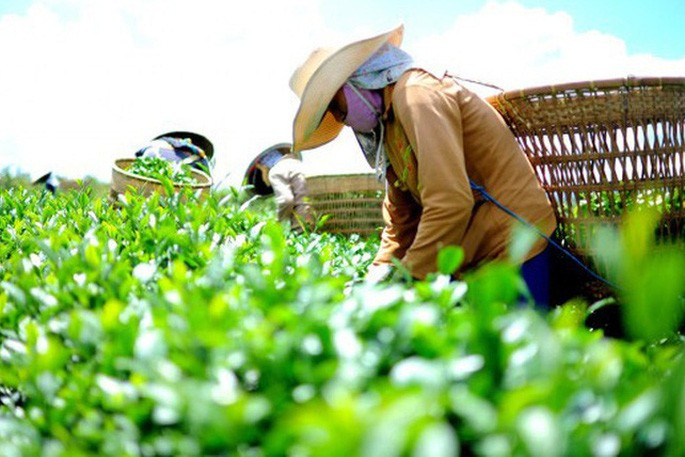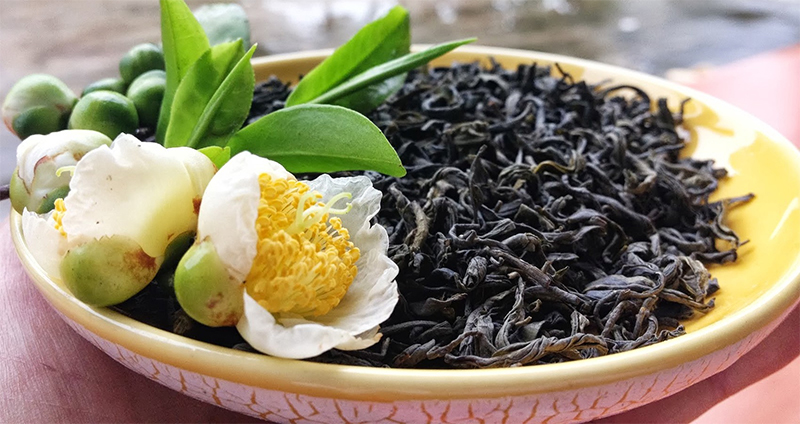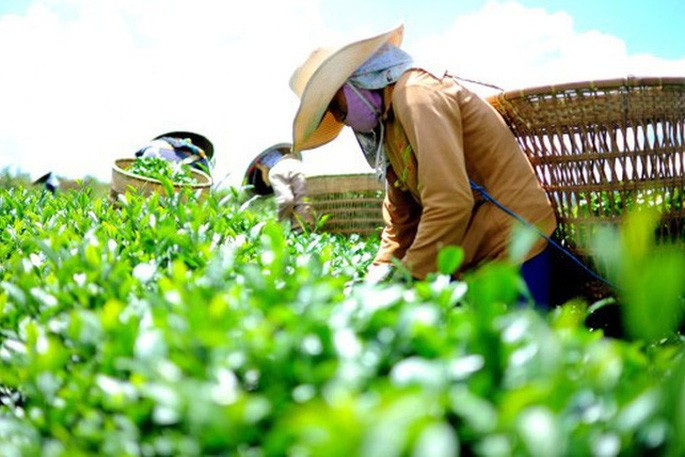
Taiwan’s Tea Imports: Vietnam Dominates as the Largest Supplier
According to the Ministry of Industry and Trade’s recent Agricultural, Forestry, and Aquatic Product Market News, Taiwan imported tea from 22 markets in the first quarter of the year. Vietnam emerged as the top supplier, with imports reaching 2,890 tons, valued at $4.55 million.
Vietnam accounted for 50% of Taiwan’s tea imports, solidifying its position as the dominant player in the market.
Black tea constituted the majority of Taiwan’s tea imports. While imports of this variety decreased compared to the previous year, imports from Vietnam increased by 2.1% in volume and 3.5% in value.
When it comes to green tea, Vietnam and Japan are the primary suppliers to the Taiwanese market, collectively accounting for approximately 93.4% of the total green tea imports. Vietnam leads in terms of volume, but its market share has slightly decreased from 70.4% in Q1 2024 to 65.9% in Q1 2025. Conversely, Japan’s market share has increased from 25.5% to 27.5% during the same period.

Vietnam’s Tea Exports to Taiwan: Volume vs. Value Discrepancy
Despite being the largest supplier, Vietnam’s tea exports to Taiwan exhibit a volume-value discrepancy. Vietnamese tea leaves are of good quality, and the tea imported into Taiwan is primarily used for food processing, such as bubble tea and matcha powder. Consequently, Vietnamese tea is often packaged in large bags exceeding 3kg.
In contrast, tea from countries like Japan and Sri Lanka, which also export to Taiwan, is typically packaged in small bags or boxes and sold in specialty tea shops for daily consumption or gifting purposes. To enhance their market presence in Taiwan, Vietnamese tea businesses are encouraged to diversify their product range and consider investing in the production of tea bags and tea cups, as suggested by the Ministry of Industry and Trade.
Additionally, maintaining quality standards that align with Taiwan’s market requirements is essential. If Vietnamese tea products can consistently meet these high standards, there is a significant opportunity for growth in this market.
Consumer surveys in Taiwan reveal that when purchasing tea, 66.4% of respondents consider recommendations from friends and family, and 75% look for clear information about the manufacturer and seller. Furthermore, consumers pay close attention to packaging, production processes, and, most importantly, pesticide residue levels. As advised by the Ministry of Industry and Trade, promoting high-quality tea with verified origins and ensuring food safety are crucial aspects that businesses should focus on to succeed in the Taiwanese market.
















